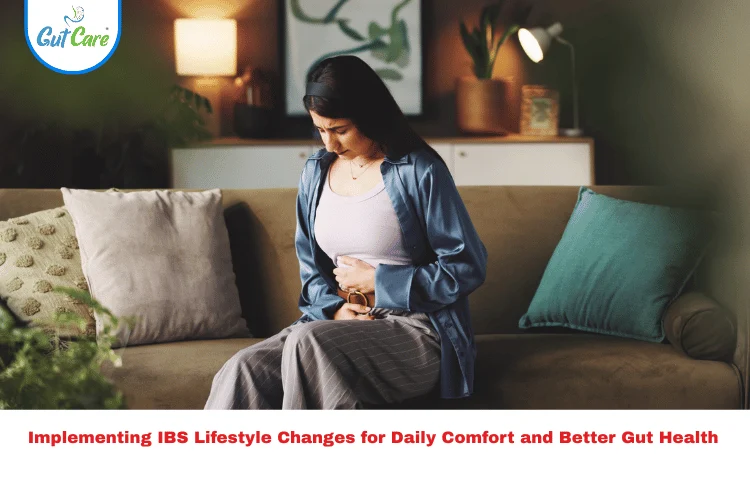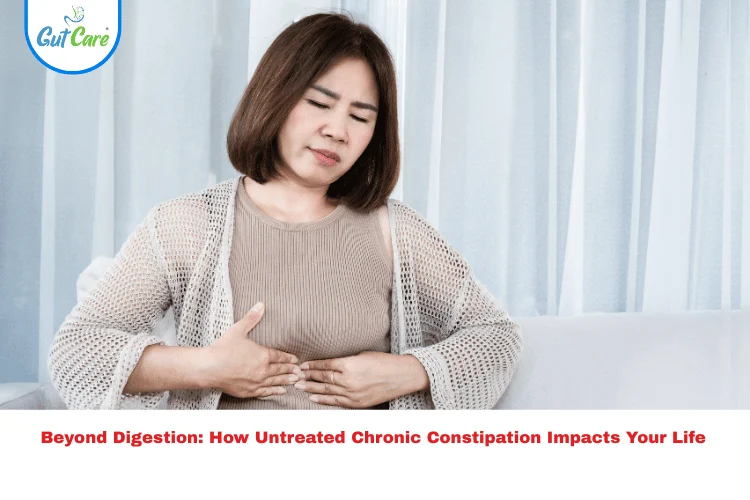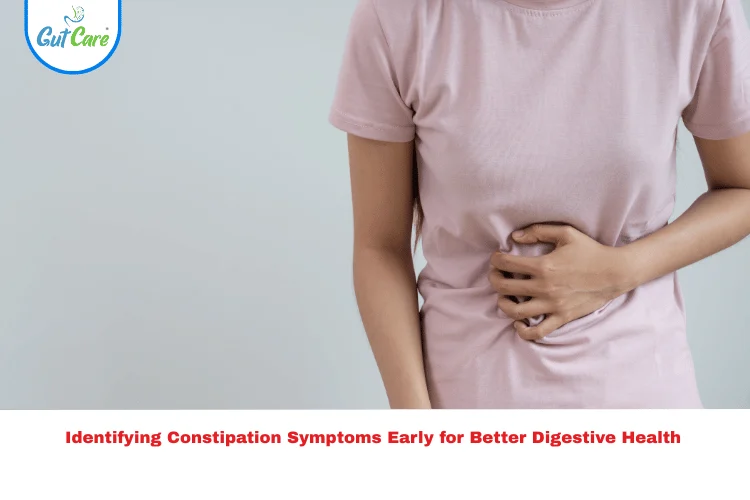It’s easy to dismiss constipation as a minor inconvenience—but what if that slow-moving digestive system is doing more harm than you think? One of the most common and painful outcomes of untreated constipation is hemorrhoids. Yet, many people don’t realize how closely the two conditions are connected until they’re dealing with both.
In this blog, we explore the dangerous link between constipation and hemorrhoids, how one leads to the other, and what you can do to break the cycle.
What Is Constipation?
Less than three bowel movements per week or hard, dry stools that are difficult to pass are common symptoms of constipation. It can be sporadic or persistent, and it is frequently brought on by a poor diet, inactivity, dehydration, or certain drugs.
What Are Hemorrhoids?
Inflamed veins in the anal or rectal area are known as hemorrhoids. They can be external (below the skin, close to the anus) or internal (inside the rectum). The symptoms include:
- Discomfort or pain
- Itching or irritation
- Swelling
- Bleeding when passing stool
How Constipation Leads to Hemorrhoids
The connection between constipation and hemorrhoids lies in the act of straining. When you’re constipated, passing stool often requires excessive straining, which puts increased pressure on the veins in your lower rectum. Over time, this pressure can cause these veins to swell—leading to hemorrhoids.
Other contributing factors include:
- Spending too much time on the toilet
- Hard, dry stools that stretch and irritate rectal tissues
- A low-fiber diet that contributes to poor bowel movement
The Vicious Cycle
The cycle that this link can start is what makes it even more dangerous. Hemorrhoids are caused by constipation, and if they hurt, you may avoid bowel movements out of fear, which makes the constipation worse.
In order to heal and avoid more issues, this cycle must be broken.
Long-Term Risks
Chronic constipation and untreated hemorrhoids can lead to:
- Anal fissures (tears in the lining of the anus)
- Rectal prolapse (when part of the rectum protrudes through the anus)
- Blood clots in external hemorrhoids (thrombosed hemorrhoids)
Early management can prevent these serious outcomes.
How to Prevent and Manage Both Conditions
1. Increase Fiber Intake
Aim for 25–30 grams of fiber daily from sources like:
- Whole grains
- Vegetables
- Fruits
- Legumes
Fiber softens stool and promotes regular bowel movements.
2. Stay Hydrated
Drink at least 8 glasses of water a day to help move stool through the digestive tract smoothly.
3. Exercise Regularly
Physical activity stimulates intestinal function and prevents sluggish bowels.
4. Don’t Postpone Bathroom Visits
If you feel the need to go, don’t hesitate. Holding bowel movements back can make stools harder and cause more straining.
5. Avoid Straining
Develop regular bowel habits. Don’t spend too much time sitting on the toilet, and don’t try to push a bowel movement.
6. Think About Over-the-Counter Solutions
Stool softeners or fiber supplements may work in the short term, but use them with the advice of a healthcare professional in the long term.
When to See a Doctor
If you experience any of the following, seek medical advice:
- Bleeding that doesn’t stop
- Severe pain or swelling
- Symptoms lasting more than a week
- Difficulty passing stool despite lifestyle changes
Chronic Constipation vs. Occasional Constipation: When to See a Doctor?
FAQs About Constipation and Hemorrhoids
1. Can constipation directly cause hemorrhoids?
Yes, chronic straining during constipation is a leading cause of hemorrhoids.
2. What foods help relieve constipation and hemorrhoids?
High-fiber foods like oats, berries, leafy greens, and legumes are effective.
3. Can hemorrhoids go away if I treat my constipation?
Mild hemorrhoids may improve once constipation is resolved.
4. Are laxatives safe for managing constipation and hemorrhoids?
Short-term use is generally safe, but long-term use should be supervised by a doctor.
5. How long does it take to see improvement with lifestyle changes?
You may notice changes within a few days to a week with consistent habits.
6. What should I avoid if I have both constipation and hemorrhoids?
Avoid spicy foods, alcohol, caffeine, and low-fiber diets.
Conclusion
Constipation and hemorrhoids tend to go together, creating a cycle that’s frustrating and painful. But with early intervention and wise habits, you can control both conditions and safeguard your long-term digestive health.
Struggling with constipation and hemorrhoids? Book a consultation and take control of your digestive health today.




